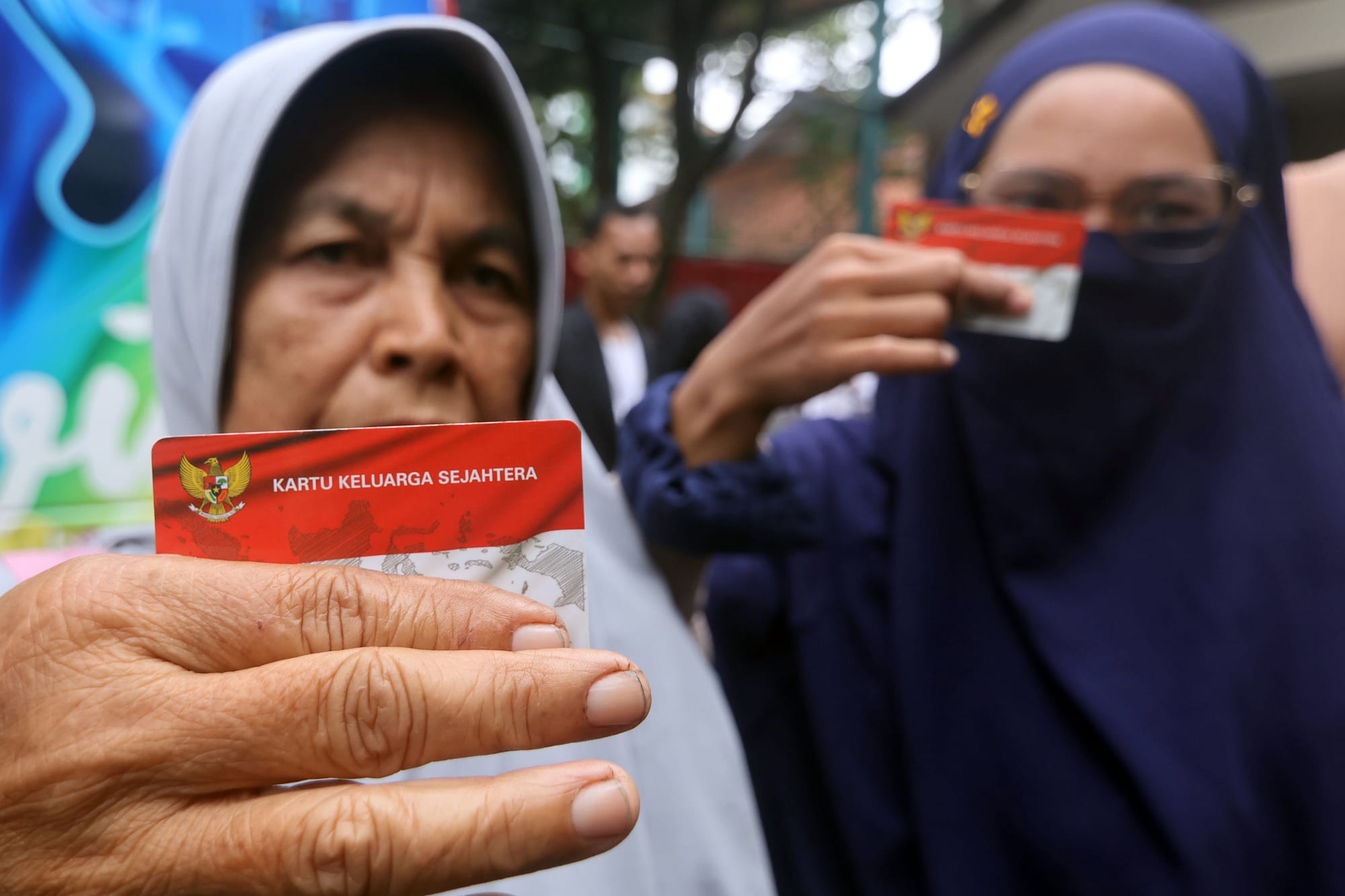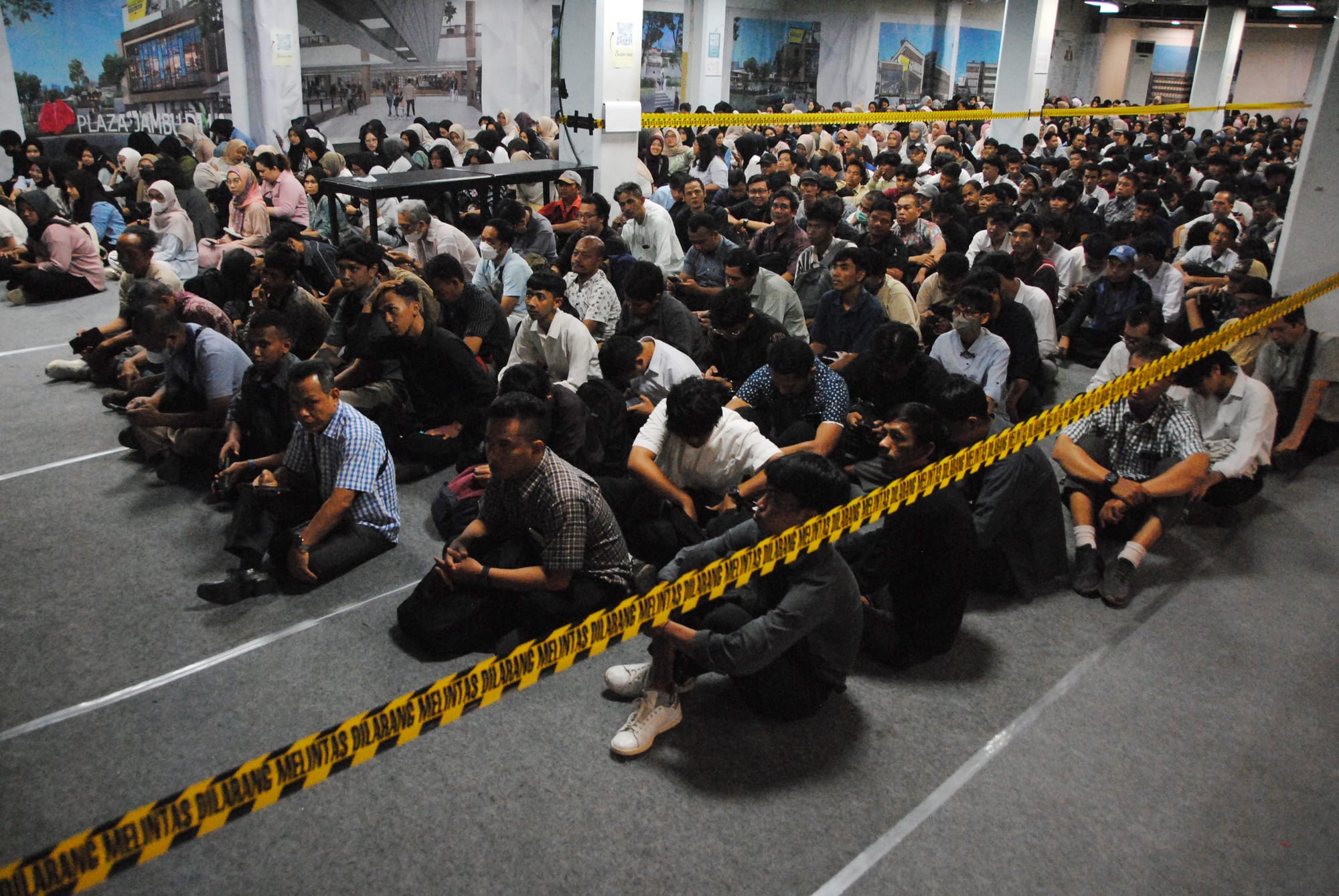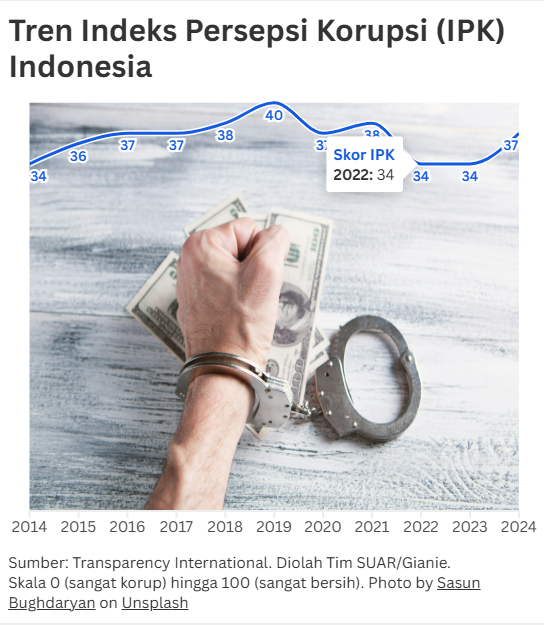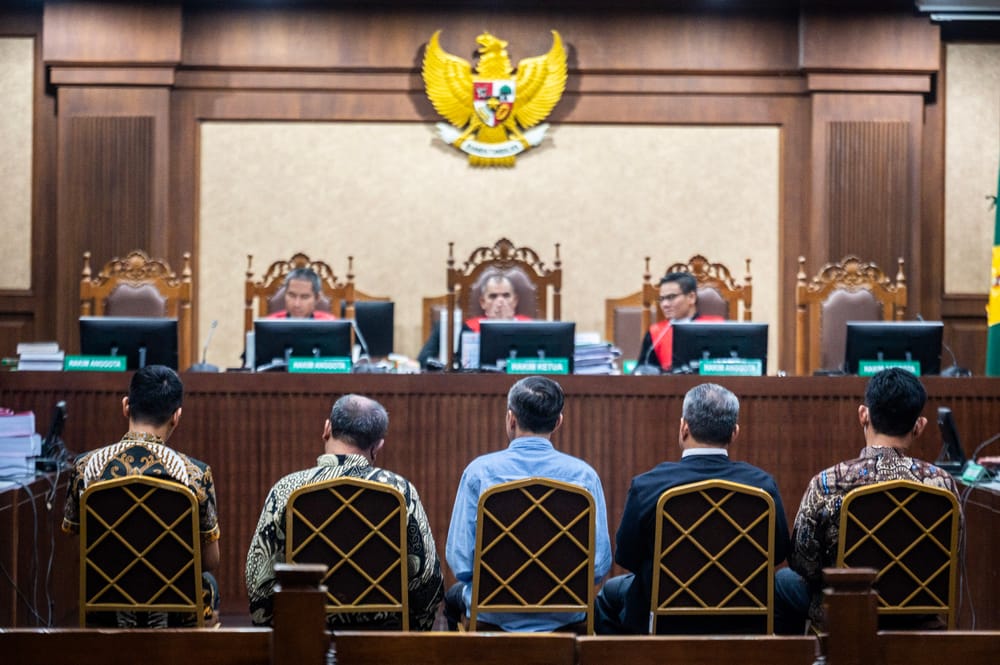The middle class in Indonesia is like dormant land that needs attention. If the policy to cultivate the land is right, it will become fertile and productive land. Unfortunately, the land still lacks attention. The middle class lives miserably, not prosperously.
The condition of the less prosperous Indonesian middle class is recorded in the Survey of the Business World conducted by the SUAR Team. Some of the findings:
- The majority of sources, consisting of decision makers in companies and economic observers (76.3%), believe that the middle class in Indonesia is not yet prosperous.
- A strong reason that emerged was due to low purchasing power and limited savings conditions.
- The majority of sources also said that this middle class group has not received adequate attention from the government (76.3%).
- Policies that are considered to help the middle class become more prosperous include providing formal employment and providing incentives or tax breaks.
- The government needs to expand the scope of social protection so that it does not only target poor groups, but also the middle class.
The definition of middle class according to the World Bank is a group of people with expenses in the range of 3.5-17 times above the poverty line. With the calculation of the poverty line in 2024 being IDR 595,242, the expenses of the middle class range from IDR 2 million-IDR 10 million per month.
Read also:

It is not without reason that the middle class demands more serious attention from the government. Quantitatively, the number of middle class people in Indonesia is decreasing. Meanwhile, in terms of quality, they can easily slip into poverty if there is an economic shock.
Economically, the middle class is actually the driving force behind the wheels of growth through consumption and job creation. Meanwhile, from a socio-political perspective, this group, which generally has high education and skills, is a critical group and dares to voice aspirations to the government.
If the middle class is ignored, economically they have the potential to fall into the poverty line and will become a burden on the government so that a larger budget must be allocated to the poor. If the aspirations of the middle class are not heard, the potential for socio-political instability will increase.
It is necessary to formulate appropriate social protection instruments for the middle class population so that this group plays an optimal role economically, socially and politically. If this can be done, the path for Indonesia to move towards a high-income country will be easier.
Read more here, Chief.






